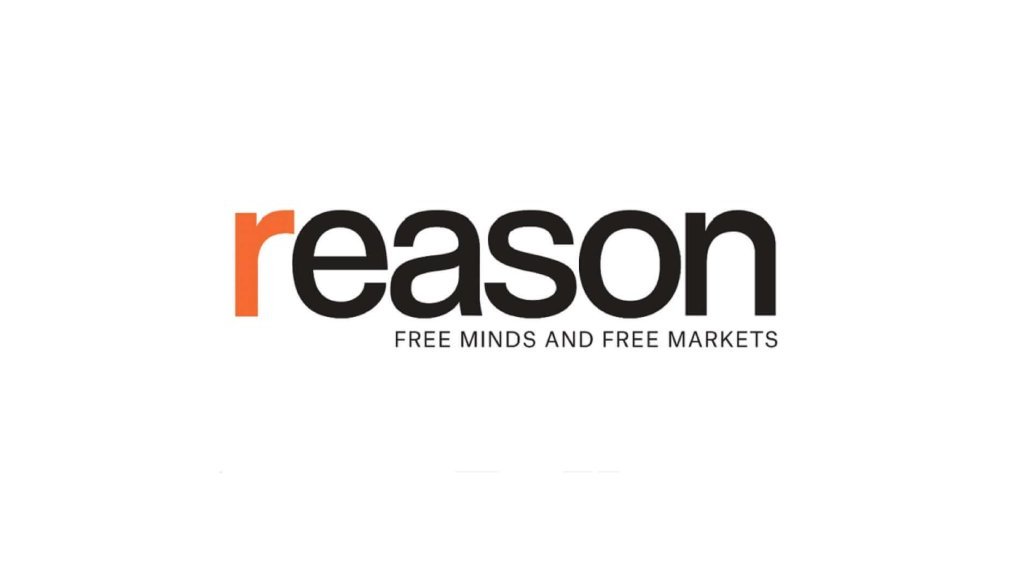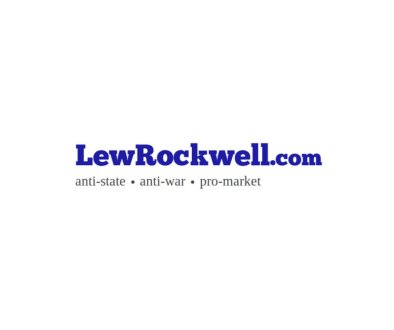California’s Environmental Regulations Are a Mess. Why Won’t Lawmakers Fix Them?
It’s not that typical that an acronym for an arcane regulation would be a household word, but in California the term CEQA—pronounced see-kwa—is as well-known as terms such as OMG and LOL. Signed by Gov. Ronald Reagan in 1970, the voluminous statute provides a laundry list of terms and conditions on developers of every manner of construction project. CEQA has created a regulatory nightmare, although it still has defenders. LOL indeed.
As the Planning and Conservation League explains, “The California Environmental Quality Act…is California’s premier environmental law. It allows public agencies to make informed decisions about activities that could degrade public health and damage the environment. It also provides California residents with the legal framework to hold their public agencies accountable.”
That sounds so unobjectionable. Who doesn’t want public agencies to make informed decisions and provide community members with tools to protect the environment and hold officials accountable? But the reality is far different than what these Pollyannaish civics-textbook explanations suggest. California lawmakers refuse to substantively reform the law, but what’s the first thing they do whenever they want a particular project built?
You guessed it—they provide a CEQA exemption or streamlining. When the Sacramento Kings wanted to build a new downtown arena and keep the team from leaving town, Senate President Darrell Steinberg (later elected the city’s mayor) ushered through an exemption. We’ve seen multiple examples—or attempts—to reduce the application of CEQA to other professional sports projects, as well as other favored projects, including one tied to LA’s effort to lure the Olympics.
It’s always the sign of a bad law when it constantly requires exemptions. That reminds me of Assembly Bill 5, which banned most independent contracting—but its supporters exempted more than 100 industries from its grip because it threatened so many people’s livelihoods. A recent national example: Donald Trump’s tariffs posed an existential threat to many businesses, so he’s been exempting certain industries. All these regulatory edicts empower the politically well-connected, who have lobbyists who can secure special favors.
So what’s wrong with CEQA? Whenever the government has discretionary approval authority, the law requires the agency to conduct a review. It usually requires the developers to conduct an extensive environmental a
Article from Reason.com

The Reason Magazine website is a go-to destination for libertarians seeking cogent analysis, investigative reporting, and thought-provoking commentary. Championing the principles of individual freedom, limited government, and free markets, the site offers a diverse range of articles, videos, and podcasts that challenge conventional wisdom and advocate for libertarian solutions. Whether you’re interested in politics, culture, or technology, Reason provides a unique lens that prioritizes liberty and rational discourse. It’s an essential resource for those who value critical thinking and nuanced debate in the pursuit of a freer society.




